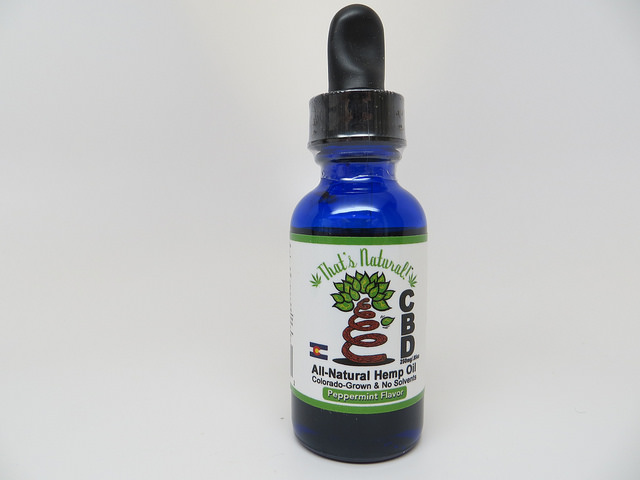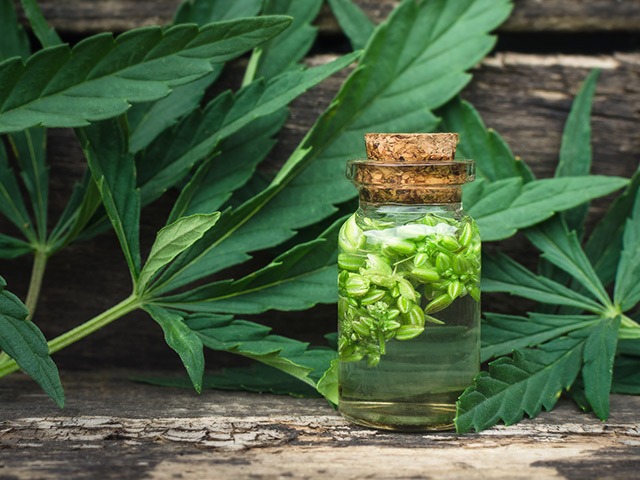In recent years, CBD oil has emerged as a popular natural remedy for a variety of health issues, from anxiety to chronic pain. But an intriguing area of interest is its potential benefits for athletic performance. With athletes continually seeking ways to enhance recovery, reduce pain, and improve overall performance, CBD oil has garnered significant attention. This article explores the relationship between CBD oil and athletic performance, examining its potential benefits, current scientific understanding, and practical considerations for athletes.
Understanding CBD Oil
Cannabidiol (CBD) is one of over a hundred compounds found in the hemp plant. Unlike its well-known counterpart, tetrahydrocannabinol (THC), CBD does not produce a psychoactive effect, meaning it doesn’t cause the “high” associated with hemp use. CBD oil is typically derived from hemp, a variety of hemp that contains low levels of THC.
CBD interacts with the body’s endocannabinoid system (ECS), a complex cell-signaling system involved in regulating a variety of functions, including sleep, mood, appetite, and pain. By influencing the ECS, CBD may help maintain balance (homeostasis) in the body.
CBD Oil and Recovery
One of the primary reasons athletes are turning to CBD oil is for its potential to aid in recovery. Recovery is crucial for athletes, as it allows the body to heal and strengthen between training sessions. Here are some ways CBD oil might support recovery:
Anti-Inflammatory Properties
Intense physical activity can lead to inflammation, which, while a natural part of the healing process, can cause pain and prolonged recovery times. Studies suggest that CBD has anti-inflammatory properties, which could help reduce inflammation and, consequently, muscle soreness and joint pain. This can enable athletes to recover more quickly and effectively.
Pain Relief
Pain management is another critical aspect of recovery. Traditional pain relievers, such as NSAIDs (nonsteroidal anti-inflammatory drugs), can have adverse side effects, especially when used long-term. CBD offers a natural alternative. Research indicates that CBD can modulate pain by impacting endocannabinoid receptor activity, reducing inflammation, and interacting with neurotransmitters.
Sleep Quality
Adequate sleep is vital for athletic recovery. Poor sleep can impair recovery, decrease performance, and increase the risk of injury. CBD has been reported to improve sleep quality by addressing issues such as anxiety and pain that can interfere with sleep. By promoting better sleep, CBD can contribute to overall recovery and performance.
Enhancing Performance
Beyond recovery, some athletes use CBD oil to potentially enhance their performance. While research is still in its early stages, there are several areas where CBD might offer benefits:
Anxiety Reduction
Performance anxiety can affect athletes across all levels of competition. CBD is known for its anxiolytic (anxiety-reducing) effects, which could help athletes maintain focus and composure under pressure. By reducing anxiety, CBD may help improve performance in high-stress situations.
Energy and Focus
Maintaining energy and focus is critical during both training and competition. Some athletes report that CBD helps them stay more focused and alert. While the exact mechanisms are not fully understood, it’s believed that CBD’s ability to reduce anxiety and improve sleep contributes to these effects.
Muscle Spasms and Cramping
Muscle spasms and cramping can hinder performance and training. Preliminary research suggests that CBD may help reduce the frequency and severity of muscle spasms. This could be particularly beneficial for endurance athletes who experience these issues during prolonged activities.
Scientific Evidence and Research
The scientific community is increasingly interested in the potential benefits of CBD for athletes, but research is still catching up. While there is a growing body of evidence supporting CBD’s effects on pain, inflammation, and anxiety, more targeted studies are needed to understand its impact on athletic performance fully.
For example, a 2020 review published in “Sports Medicine” highlighted the need for more high-quality, randomized controlled trials to ascertain the effectiveness of CBD in sports settings. The review also pointed out that most of the existing research is based on preclinical studies and animal models, which, while promising, need to be validated in human trials.

Practical Considerations for Athletes
Athletes considering CBD oil should be aware of several important factors:
Quality and Purity
The quality and purity of CBD products can vary significantly. It’s essential to choose products that have been third-party tested for contaminants and accurate CBD content. Look for products from reputable brands that provide transparency about their sourcing and manufacturing processes. Be sure to visit their webpage to find more information about CBD Oil and athletic performance.
Dosage
Finding the right dosage of CBD can be a trial-and-error process. It’s recommended to start with a low dose and gradually increase it until the desired effects are achieved. Consulting with a healthcare provider knowledgeable about CBD can also help in determining the appropriate dosage.
Legal Considerations
The legality of CBD varies by location and sport. While CBD is legal in many places, THC remains a banned substance in competitive sports. Athletes should ensure their CBD products contain negligible or no THC to avoid potential positive drug tests. Always check the regulations of your specific sport and region before using CBD.
Potential Side Effects
CBD is generally considered safe, but it can cause side effects in some individuals, including dry mouth, diarrhea, reduced appetite, drowsiness, and fatigue. It’s important to monitor for any adverse reactions and adjust usage accordingly.
Conclusion
The potential benefits of CBD oil for athletic performance are promising but still under investigation. Its anti-inflammatory and pain-relieving properties, coupled with its ability to improve sleep and reduce anxiety, make it an attractive option for many athletes. However, due diligence in product selection, dosing, and awareness of legal considerations is essential.
As research continues to evolve, CBD may become a more widely accepted tool for enhancing athletic performance and recovery. Athletes interested in CBD should stay informed about the latest scientific findings and consult with healthcare professionals to ensure safe and effective use.

